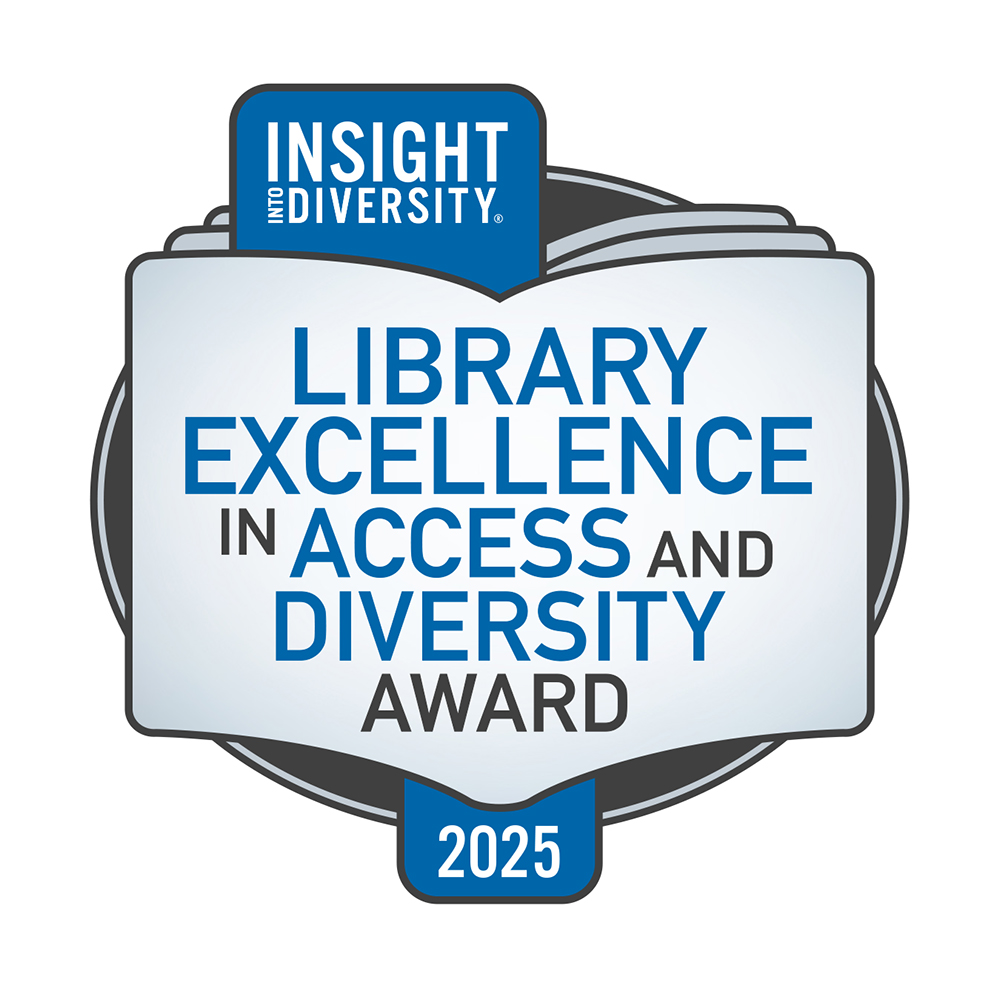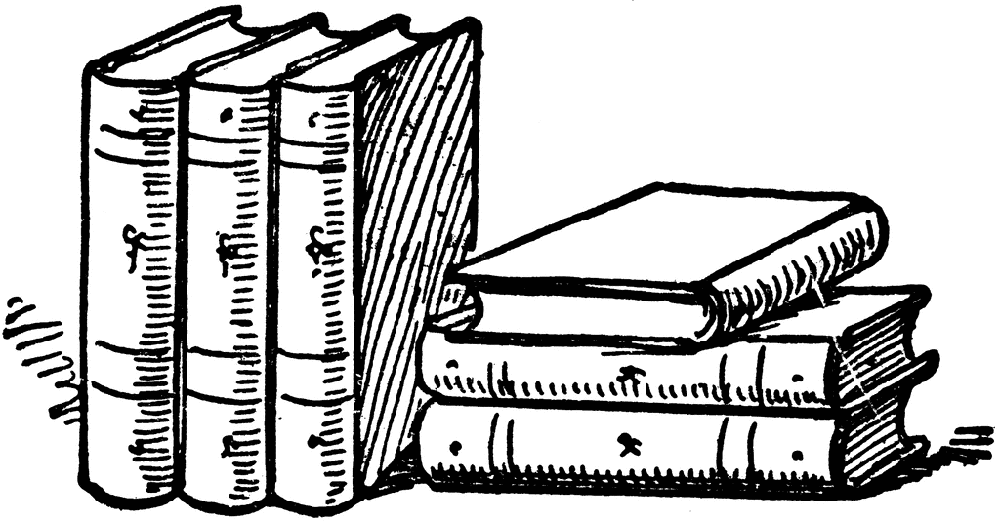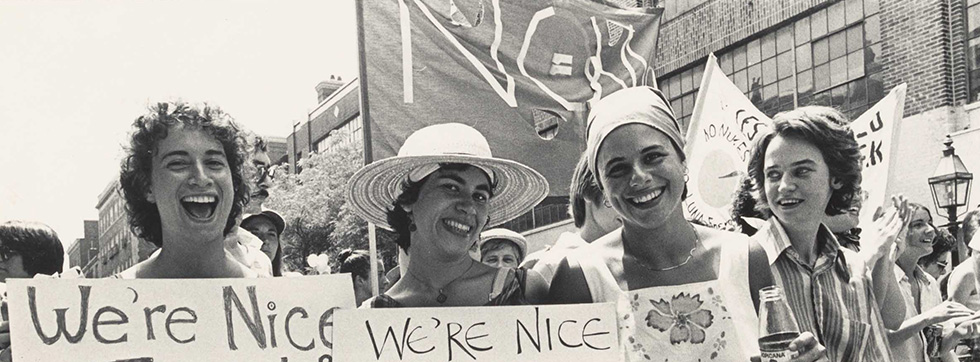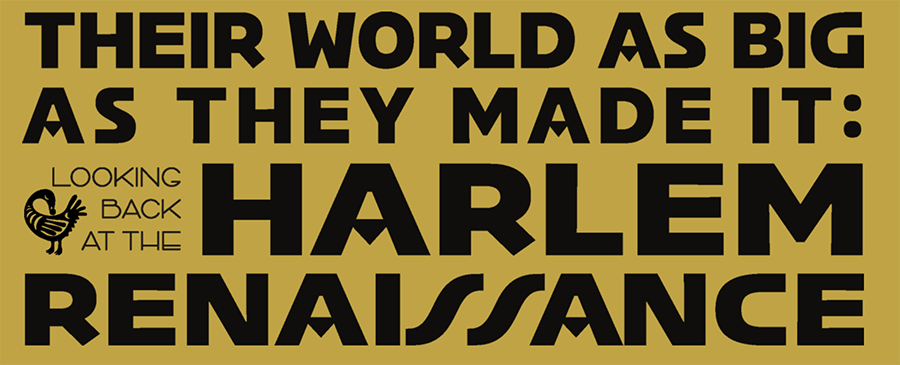Culture, engagement, and community
Jacquelyn Kim first joined the Albert and Shirley Small Special Collections Library in 2022 as a student worker, where she helped build an exhibition that examined the 2017 “Unite the Right” rally in Charlottesville. The exhibition was curated by UVA alumni and community members and gave Kim a crash course in what she calls “the importance of co-creation.”
2025 is the year of the zine at the University of Virginia, according to Erin Dickey, Librarian for the Arts at UVA Library. From the Library’s Makerspace to classrooms across Grounds, Dickey has observed an uptick in students and faculty experimenting with creating the self-published, do-it-yourself magazines thanks in part to a new Library initiative, Zines Now!
Hispanic Heritage Month, which runs from September 15 to October 15 each year, celebrates the contributions of Hispanic and Latino communities in the U.S. To celebrate this month, we’re recommending a few books and films that highlight different aspects of the Hispanic/Latino experience. All are available through the UVA Library via the links provided.
In 1990, American historian Sue Peabody was researching her dissertation on enslaved peoples’ pre-revolutionary freedom lawsuits in France when she came upon an intriguing story. In 1817 on Île Bourbon (now Réunion), a French-colonized island in the Indian Ocean, a 31-year-old enslaved man named Furcy Madeleine brought legal proceedings before the Saint-Denis District Court against his master Joseph Lory. Furcy’s suit contested his status as a slave and claimed his “ingenuity” — his freedom of birth.
For Disability Pride Month 2025 — marking the 25th anniversary of the Americans with Disabilities Act (ADA) — Carla Arton, Keith Weimer, Erin Dickey, Christine Ruotolo, and Bethany Mickel from the UVA Library are proud to spotlight a selection of works that have made the journey from page to screen, offering powerful representations of disability in both written and visual forms.
In a competitive application process, 25 archivists have been selected as cohort members in the 2025 Archives Leadership Institute (ALI) to be held at the University of Virginia Library, June 8-14, 2025.
On the second floor of Shannon Library, two massive mixed-media collages hanging side by side are catching the attention of passers-by. The art installation, titled “Free to Be, a Collective Virginia Landscape,” is the work of Maria Villanueva, an Assistant Professor of Art who arrived at UVA in August.
 This week, the UVA Library received the 2025 Library Excellence in Access and Diversity (LEAD) Award from Insight Into Diversity magazine, the largest and oldest diversity and inclusion publication in higher education.
This week, the UVA Library received the 2025 Library Excellence in Access and Diversity (LEAD) Award from Insight Into Diversity magazine, the largest and oldest diversity and inclusion publication in higher education.
They are bright, eye-catching, inviting: eight colorful banners on the second floor of Shannon Library call out visitors with greetings and phrases in languages that represent the University’s Asian, Pacific Islander, and South Asian American (APISAA) community.
The University of Virginia Library has nearly five million print books available for checkout, five million e-books, myriad cozy study spaces, and a slew of teaching librarians to help you in the classroom or with research. And did you know we also offer events ranging from workshops to musical events for UVA and the Charlottesville community throughout the year?
On a warm day last June, visitors flocked to the Albert and Shirley Small Special Collections Library for a “Family Day” event in celebration of the library’s blockbuster exhibition, “Visions of Progress: Portraits of Dignity, Style, and Racial Uplift,” curated by UVA Associate Professor of History John Edwin Mason.
Since 1976, the U.S. government has officially observed February as Black History Month, with the Association for the Study of African American Life and History designating a theme each year. The theme for Black History Month 2024 is “African Americans and the Arts,” and UVA librarians are excited to offer recommendations for books, films, and even datasets that examine Black culture, history, and creativity.
In honor of Native American Heritage Month, UVA Library recommends the following resources for insight into American Indian culture and history. The books and journals mentioned explore the wide variety of American Indigenous peoples and their contributions to what is now called the United States.
Guest post by Erin Pappas, Librarian for the Humanities; Leigh Rockey, Video Collections Librarian; and Amanda Wyatt Visconti, co-director of the Scholars’ Lab.
National Coming Out Day began in 1988 and is celebrated on the anniversary of the National March on Washington for Lesbian and Gay Rights. It was created as a proactively positive holiday to embrace the LGBTQ+ community and boost its visibility in our day-to-day life. National Coming Out Day is also celebrated in the United Kingdom and a number of other countries.
Guest post by Amy Hunsaker, Music & Performing Arts Librarian
It’s time to celebrate Latinx authors during Hispanic Heritage Month, which overlaps September and the first few weeks of October. Don’t know where to start? This year, we’ve gathered a list of five Latinx authors whose works we recommend reading. Take a look below.

It’s been a somewhat quiet summer on Grounds as we await students’ return for the fall semester. Renovations on the main library continue, with the building’s grand opening scheduled for April 2024.
It’s possible to mistake Ivy Creek Natural Area & Historic River View Farm, located off Earlysville Road in Albemarle County, for simply a nice place to take a hike, with gentle hills, thriving wildlife, and views of the Blue Ridge Mountains. Lisa Shutt, an Associate Professor in UVA’s Carter G.
Earlier this month in the Albert and Shirley Small Special Collections Library, a happy group of alumni, students, and staff posed in front of a portrait of Fernando Bolívar, who was likely the first Latin American student at the University of Virginia. The nephew and adopted son of the Venezuelan leader Simón Bolívar, Fernando enrolled at the University in 1827.
Library resources have the capacity to enlighten and empower, but only for those who have the time, know-how, and ability to use them — making equitable access a complex concept. Financial challenges are another pressing issue for college students and can interfere with their education in myriad ways, such as through food insecurity or concerns over the cost of textbook materials.
Guest post by Cecelia Parks, Undergraduate Student Success Librarian.
For Women’s History Month, we are highlighting the Collective Biographies of Women, a digital humanities project led by Alison Booth, Professor of English and Academic Director of the Scholars’ Lab. You can access the Collective Biographies of Women here.
This story was originally published as part of the 2021 Annual Report.
Scholars have increasingly been moving toward a more inclusive historical narrative, recognizing the contributions of marginalized communities that have often been glossed over in prominent histories. The Library's Collections team is helping to create a more complete and accurate narrative by amplifying voices of Native people; people of color; people questioning prescribed gender roles; people with disabilities; and ethnic, cultural, and religious minorities — adding new resources not for the sake of diversity alone but as a way promoting lasting, systemic change.
The movement to extend voting rights to African American men after the Civil War was immediately accompanied by a push to expand the goal to include women. However, it would take both Black and white women over half a century more of struggle to finally secure the right to vote with passage of the 19th Amendment.
Through January, we’re publishing year-in-review highlights from FY2021. Download a full PDF of this year’s Annual Report to read more! For this final story, we encourage you to “visit” us—wherever you are—through a new virtual Walking Tour.

The Library’s new online resource “Gender: Identity and Social Change” examines the history of gender in the English-speaking
- Guest post by UVA Library Special Collections Conservator Sue Donovan



